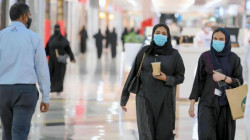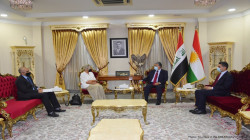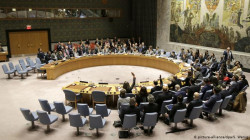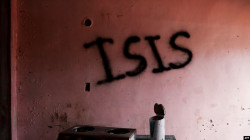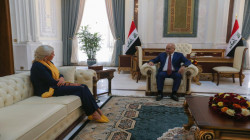Record 48 Million People Internally Displaced Due to Conflict, UN says
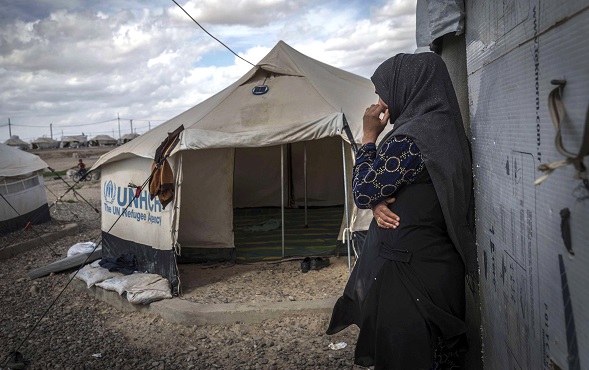
Shafaq News/ CECILIA JIMENEZ-DAMARY, Special Rapporteur on the human rights of internally displaced persons, presenting her report, said the number of people living in internal displacement because of armed conflict and violence reached 48 million globally at the end of 2020, the highest number ever recorded. Amid the increasingly complex nature of armed conflicts and generalized violence, it has become more difficult to enhance compliance with international humanitarian law and human rights. Political solutions have become more elusive and displacement increasingly protracted. Situations of conflict and violence can also be compounded by disasters as drivers of displacement and, since 2020, by the COVID‑19 pandemic and its far-reaching effects.
She went on to underline that preventing arbitrary displacement in line with international standards is the primary responsibility of States. However, “preventing arbitrary displacement does not mean preventing people from moving,” she explained. “Liberty of movement and freedom to choose one’s residence are rights protected under international human rights law.” Preventive measures must address the conditions that lead to displacement and protect people from being forced to leave their homes. Putting in place the appropriate legal, policy and institutional framework at the domestic level, in line with international law, is key to preventing arbitrary displacement, she emphasized, pointing to relevant treaties on international humanitarian and human rights law and, at the regional level, the African Union Convention for the Protection and Assistance of Internally Displaced Persons in Africa ‑ also known as the Kampala Convention. Further, Governments should establish monitoring and early warning mechanisms that incorporate human rights and displacement risks.
She emphasized that prevention is relevant to all phases of displacement ‑ not only before it occurs. Humanitarian and protection measures prevent secondary displacement by creating the conditions for people to stay in safety in an area pending a solution to their displacement. States must therefore facilitate conditions for effective and safe humanitarian access by both international and local actors to populations in need. Moreover, a preventive perspective is important in finding durable solutions and engaging in development processes, she said, warning that return, relocation and resettlement programmes that do not meet the required standards may amount to arbitrary displacement. “Lack of political will, reluctance to acknowledge risks at early stages of crises and resource constraints can unfortunately divert actors from taking preventive measures,” she said.
Source: United Nations
